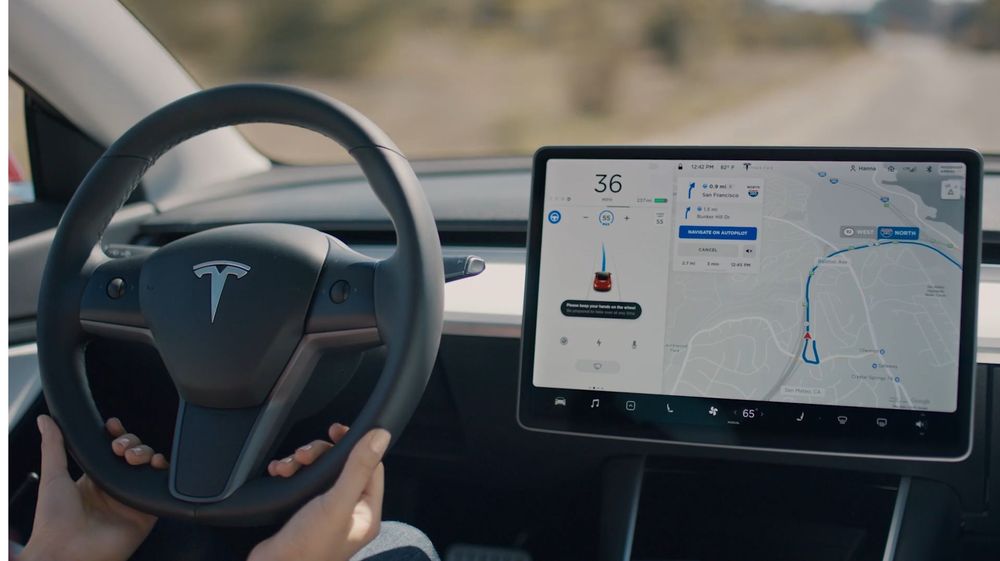
“Why are we impatient? It’s a heritage from our evolution,” says Marc Wittmann, a psychologist at the Institute for Frontier Areas of Psychology and Mental Health in Freiburg, Germany. Impatience made sure we didn’t die from spending too long on a single unrewarding activity. It gave us the impulse to act.
Not long ago I diagnosed myself with the recently identified condition of sidewalk rage. It’s most pronounced when it comes to a certain friend who is a slow walker. Last month, as we sashayed our way to dinner, I found myself biting my tongue, thinking, I have to stop going places with her if I ever want to … get there!
You too can measure yourself on the “Pedestrian Aggressiveness Syndrome Scale,” a tool developed by University of Hawaii psychologist Leon James. While walking in a crowd, do you find yourself “acting in a hostile manner (staring, presenting a mean face, moving closer or faster than expected)” and “enjoying thoughts of violence?”
Slowness rage is not confined to the sidewalk, of course. Slow drivers, slow Internet, slow grocery lines—they all drive us crazy. Even the opening of this article may be going on a little too long for you. So I’ll get to the point. Slow things drive us crazy because the fast pace of society has warped our sense of timing. Things that our great-great-grandparents would have found miraculously efficient now drive us around the bend. Patience is a virtue that’s been vanquished in the Twitter age.









